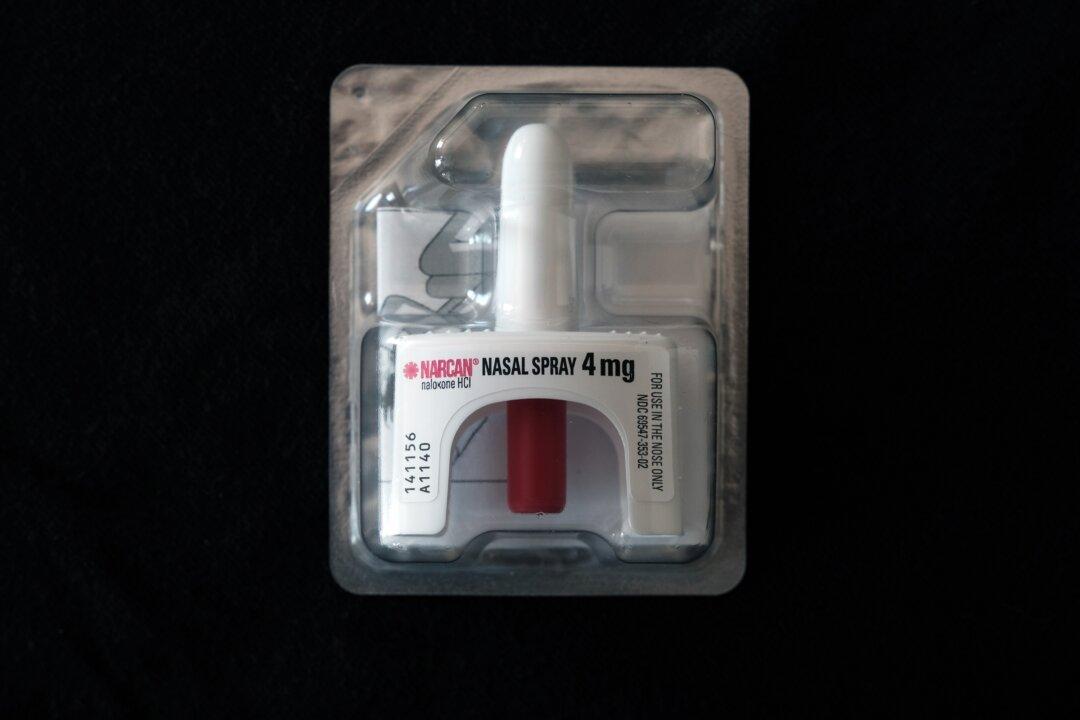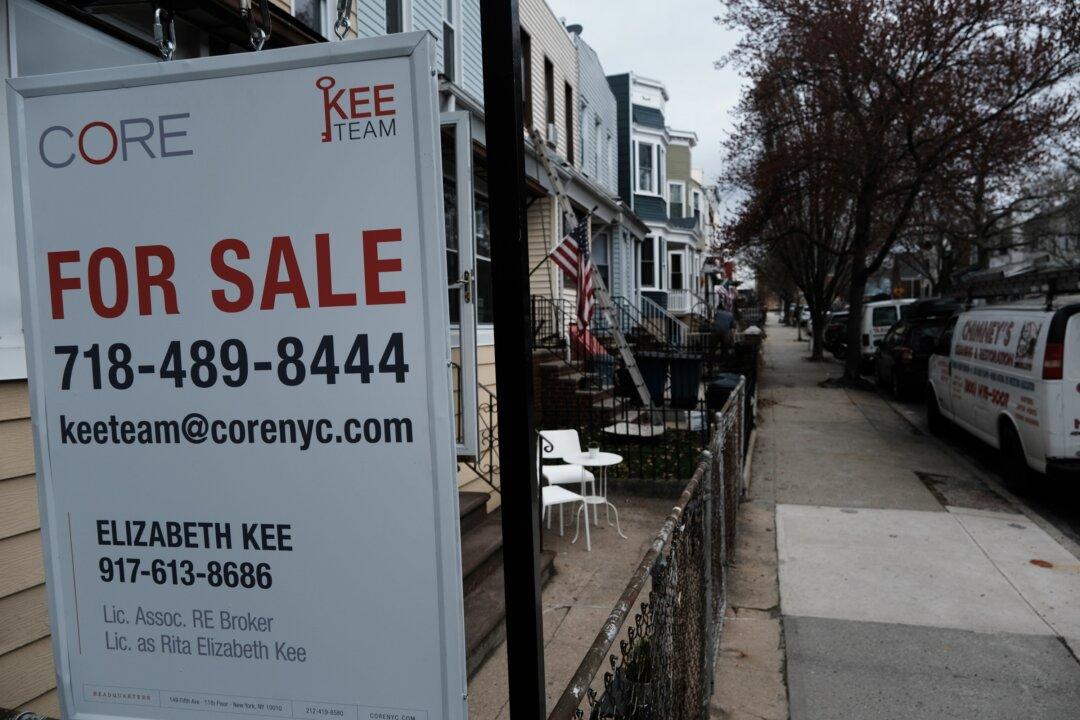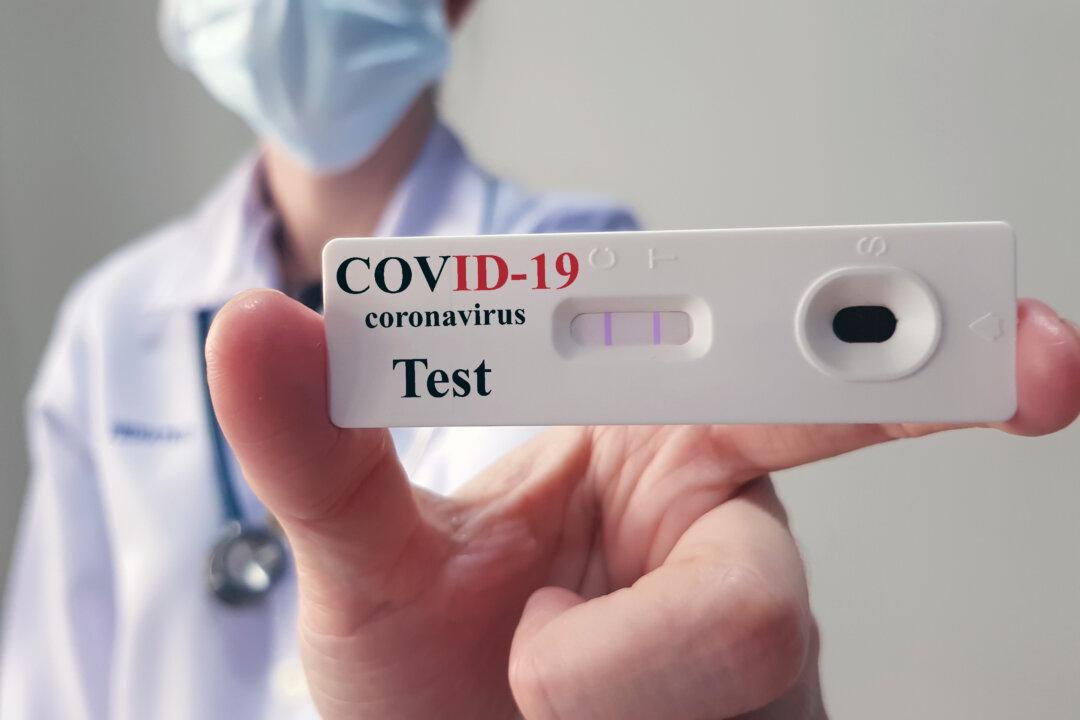The Food and Drug Administration’s (FDA) decision to give an opioid overdose antidote over-the-counter status could help as illicit fentanyl floods of the nation’s illegal drug market, but how helpful it will be could depend on how much it will cost.
The FDA’s decision means sales of Narcan nasal spray would soon be allowed at pharmacies, grocery stores, convenience stores, gas stations and online. Narcan, a naloxone product, is a medication that rapidly reverses the effects of opioid overdose. Naloxone is the standard treatment for an opioid overdose.





